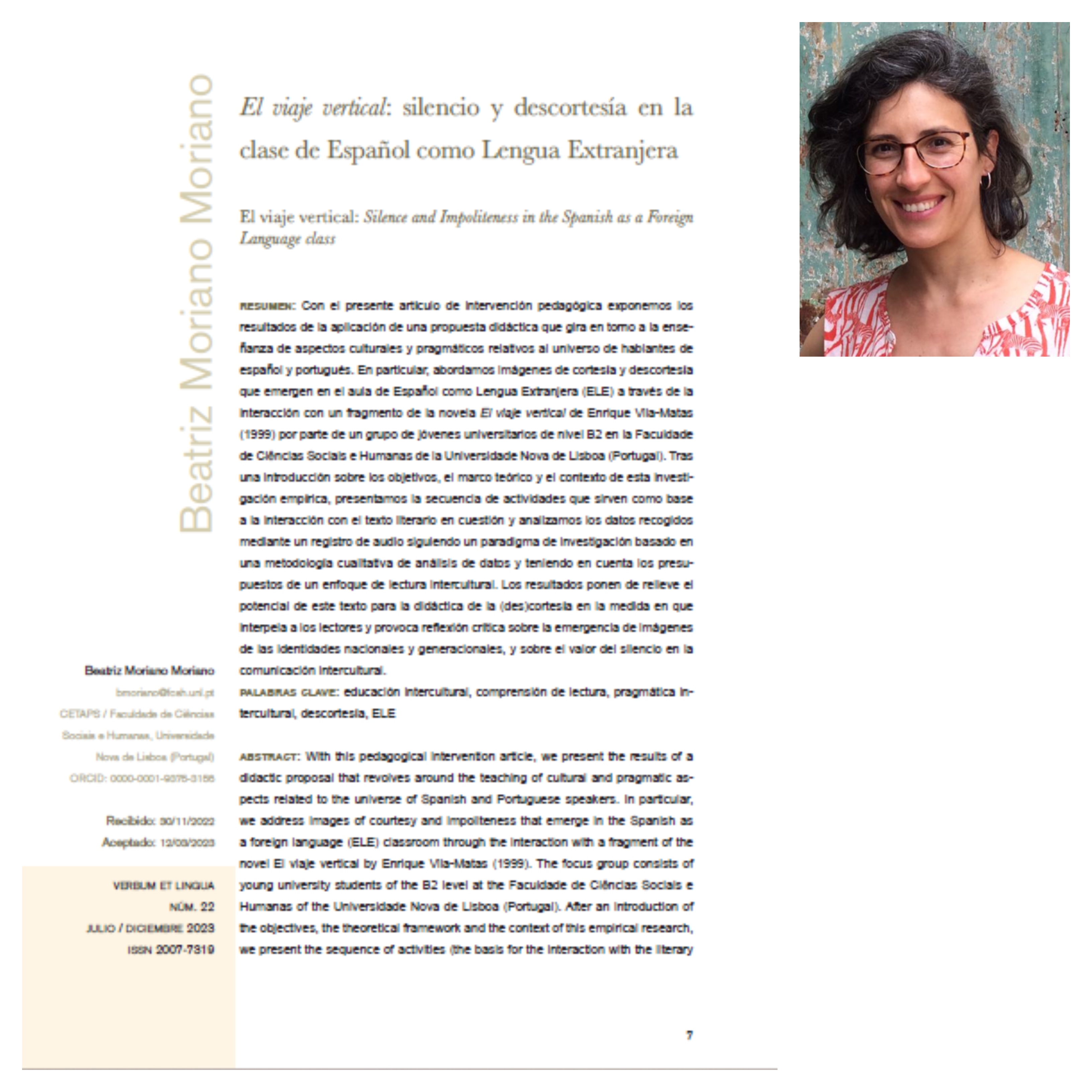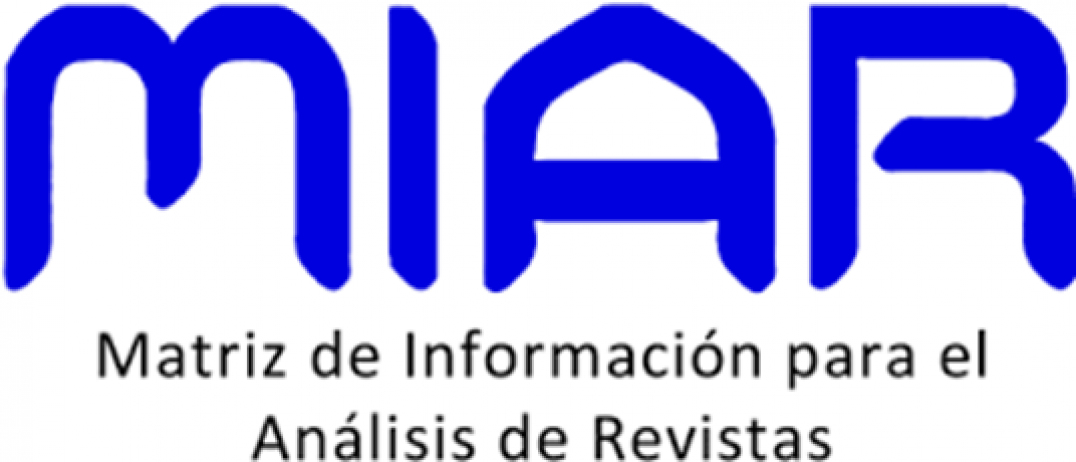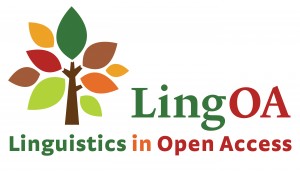El viaje vertical: silencio y descortesía en la clase de Español como Lengua Extranjera
DOI:
https://doi.org/10.32870/vel.vi22.207Palabras clave:
educación intercultural, comprensión de lectura, pragmática intercultural, descortesía, ELEResumen
Con el presente artículo de intervención pedagógica exponemos los resultados de la aplicación de una propuesta didáctica que gira en torno a la enseñanza de aspectos culturales y pragmáticos relativos al universo de hablantes de español y portugués. En particular, abordamos imágenes de cortesía y descortesía que emergen en el aula de Español como Lengua Extranjera (ELE) a través de la interacción con un fragmento de la novela El viaje vertical de Enrique Vila-Matas (1999) por parte de un grupo de jóvenes universitarios de nivel B2 en la Faculdade de Ciências Sociais e Humanas de la Universidade Nova de Lisboa (Portugal). Tras una introducción sobre los objetivos, el marco teórico y el contexto de esta investigación empírica, presentamos la secuencia de actividades que sirven como base a la interacción con el texto literario en cuestión y analizamos los datos recogidos mediante registro audio siguiendo un paradigma de investigación basado en una metodología cualitativa de análisis de datos y teniendo en cuenta los presupuestos de un enfoque de lectura intercultural. Los resultados ponen de relieve el potencial de este texto para la didáctica de la (des)cortesía en la medida en que interpela a los lectores y provoca reflexión crítica sobre la emergencia de imágenes de las identidades nacionales y generacionales, y sobre el valor del silencio en la comunicación intercultural.
Descargas
Citas
Alonso Belmonte, I. y Fernández Agüero, M. (2013). Enseñar la competencia intercultural. En L. Ruiz de Zarobe y Y. Ruiz de Zarobe (eds.), Enseñar hoy una lengua extranjera (pp.184-222). London: Portal Education.
Byram, M. (1997). Teaching and Assessing Intercultural Communicative Competence, Clevedon: Multilingual Matters.
Byram, M., Gribkova, B., y Starkey, H. (2002). Developing the Intercultural Dimension in Language Teaching. A Practical Introduction for Teachers. Strasbourg: Council of Europe.
Byram. M. y Zarate, G. (1996). Defining and Assessing Intercultural Competence: Some Principles and Proposals for the European Context. Language Teaching: 29, 239–243.
Consejo de Europa (2002). Marco común europeo para las lenguas: aprendizaje, enseñanza, evaluación. Madrid: Anaya, Instituto Cervantes, Ministerio de Educación, Cultura y Deporte.
Consejo de Europa (2021). Marco Comu?n Europeo de referencia para las lenguas: aprendizaje, enseñanza, evaluacio?n. Volumen complementario. Estrasburgo: Servicio de publicaciones del Consejo de Europa.
Council of Europe (2008). White Paper on Intercultural Dialogue: ‘Living Together as Equals in Dignity’. Strasbourg: Council of Europe.http://www.coe.int/t/dg4/intercultural/Source/White%20Paper_final_revised_EN.pdf
Council of Europe (2009).Autobiography of Intercultural Encounters. Strasbourg: Council of Europe.https://www.coe.int/en/web/autobiography-intercultural-encounters
Council of Europe (2016). Competences for Democratic Culture: Living together as equals in culturally diverse democratic societies. Strasbourg: Council of Europe.
Deardorff, D. K. (ed.) (2009). Handbook of Intercultural Competence. Thousand Oaks, CA: Sage Publications.
Domínguez García, N., y González Plasencia, Y. (2015). Hacia una visión integradora de la Pragmática Intercultural en ELE. Estudios Humanísticos. Filología, (37), 23–49. doi: https://doi.org/10.18002/ehf.v0i37.3249
Fantini, A. E. (2013). Multiple Strategies for Assessing Intercultural Communicative Competence. En J. Jackson (ed.) The Routledge Handbook of Language and Intercultural Communication (pp. 390-405). London: Routledge.
García Benito, A.B. (2009). La competencia intercultural y el papel del profesor de lenguas extranjeras. En A. Barrientos, J. Carlos Martin, Virginia Delgado y M. Inmaculada Fernández, (eds.), Actas del XIX Congreso Internacional ASELE, 1, (pp. 493-505). Cáceres: Universidad de Extremadura, Servicio de publicaciones.
Gonçalves Matos, A. (2010). Modes of Reading Literary Texts in a Foreign Language in Intercultural Perspective. e-TEALS: An e-journal of Teacher Education and Applied Language Studies, 1, 66-74.https://ojs.letras.up.pt/index.php/et/article/view/4066
Gonçalves Matos, A. (2012). Literary texts and intercultural learning: Exploring new directions. Oxford: Peter Lang.
Guilherme, M. (2002). Critical citizens for an intercultural world: Foreign language education as cultural politics. Clevedon: Multilingual Matters.
Holliday, A., Hyde, M. y Kullman, J. (2010). Intercultural Communication. An Advanced Resource Book for Students. New York: Routledge.
Jiménez-Ramírez, J. (2018).La enseñanza de la cultura. Madrid: Arco Libros.
Kramsch, C. (1993). Context and Culture in Language Teaching. Oxford: Oxford University Press.
Lantz, C. y Davies, I. (2015). Global Education in Theory: The Centrality of Intercultural Competence. En B. Maguth, y J. Hilburn (eds.). The State of Global Education: Learning with the World and its People (pp. 41-60). London: Routledge.
Madrona Fernández, A. (2014). Não sejas caramelo. ¿Qué contenido sociocultural se esconde tras este eslogan publicitario que sirve en Portugal para anunciar vuelos a numerosas ciudades españolas? En N. M. Contreras Izquierdo (ed.). Actas del XXIV Congreso Internacional de la ASELE(pp.443-454).Málaga: Universidad de Málaga.
Masuhara, H. (2003). Materials for Developing Reading Skills. En B. Tomlinson (ed.) Developing materials for language teaching (pp.341-363). London: Continuum Press.
Méndez Guerrero, B. (2014). ¡Mira quién calla! La didáctica del silencio en el aula de ELE. [Suplemento del número 3]. Revista Internacional de Lenguas Extranjeras, 3. Tarragona: Universitat Rovira i Virgili.https://www.raco.cat/index.php/RILE/article/view/292601
Miquel, L. (2005). La subcompetencia sociocultural. En J. Sánchez Lobato e I. Santos Gargallo (dirs.), Vademécum para la formación de profesores. Enseñar español como segunda lengua (L2) / lengua extranjera (LE) (pp. 511-532). Madrid: SGEL.
Miquel. L. y Sans, N. (2004). El componente cultural: un ingrediente más en las clases de lengua, redELE, 1. Madrid: Ministerio de Educación, Cultura y Deporte. [Publicación original en la revista Cable en 1992].
Moriano Moriano, B. (2016). Consideraciones sobre lectura y dimensión intercultural: los programas de Español en las universidades portuguesas, Ocnos, 15, (1), 132-148. doi: https://doi.org/10.18239/ocnos_2016.15.1.933
Oliveras, A. (2000). Hacia la competencia intercultural en el aprendizaje de una lengua extranjera. Estudio del choque cultural y los malentendidos. Madrid: Edinumen.
Pegrum, M. (2008). Film, Culture and Identity: Critical Intercultural Literacies for the Language Classroom.Language and Intercultural Communication, 8 (2), 136-154, doi: https://doi.org/10.1080/14708470802271073
Pérez Pérez, N. (2012). Análisis del contenido cultural en libros de texto de español como lengua extranjera destinados a estudiantes portugueses. [Tesis doctoral] Porto: Universidade do Porto. http://repositorio-aberto.up.pt/handle/10216/67229
Phatiki, A. (2014). Experimental Research Methods in Language Learning. London: Bloomsbury.
Ponce de León, R. (2006). Reflexiones en torno al aprendizaje intercultural aplicado a la asignatura de Español en Portugal. En R. Bizarro (org.), Como abordar… A escola e a diversidade cultural. Multiculturalismo, interculturalismo e educação(pp. 249-259). Porto: Areal Editores.
Rosenblatt, L. M. (1994 [1978]). The reader, the text, the poem: The transactional theory of the literary work. Carbondale: Southern Illinois University Press.
Santos Rovira, J. (2015). Cultural Perceptions and Language Attitudes in Second Language Learning - A Survey among University Students in Portugal. Journal of Linguistics and Language Teaching, 6, 119-134.
Sobrín Sueiras, M.I. (2011a). (Algunas notas sobre) la pragmática en ELE en la enseñanza secundaria en Portugal. [Memoria de máster] Biblioteca digital redELE, 12.https://www.educacionyfp.gob.es/en/mc/redele/biblioteca-virtual/numerosanteriores/2011/memoriamaster/1-trimestre/isabelsobrin.html
Sobrín Sueiras, M.I. (2011b). Apuntes sobre pragmática contrastiva en clase de E/LE en la enseñanza secundaria en Portugal. En A.M.
Sainz García y E. Tobar Delgado (eds), Actas del IV Congreso de español en Portugal (pp. 111-120). Lisboa: Ministerio de Educación, Cultura y Deporte.
Sobrín Sueiras, M.I. (2014). Revisiones y algunas notas sobre competencia pragmática en E/le en alumnos de enseñanza secundaria en Portugal. En N. M. Contreras Izquierdo (ed.). XXIV Congreso Internacional de la ASELE. La enseñanza del español como LE/L2 en el siglo XXI, (pp. 687-695). Málaga: Universidad de Málaga.
Tomlinson, B. (2003a). Introduction: Are Materials Developing? En B. Tomlinson (ed.), Developing Materials for Language Teaching (pp. 1-18). London: Continuum Press.
Tomlinson, B. (2003b). Materials Evaluation. En B. Tomlinson (ed.), Developing Materials for Language Teaching (pp. 15-36). London: Continuum Press.
Tomlinson, B. (2003c). Developing Principled Frameworks for Materials Development. En B. Tomlinson (ed.) Developing Materials for Language Teaching(pp.107-129). London: Continuum Press.
Vaz Orta, V. (2016). La comunicación no verbal en la Península Ibérica: análisis contrastivo entre España y Portugal [Memoria de máster]. redELE. Ministerio de Educación y Formación Profesional.https://www.educacionyfp.gob.es/mc/redele/biblioteca-virtual/numerosanteriores/2016/memorias-master/virgnia-vaz-orta.html
Vigón Artos, S. (2006).La cortesía en la enseñanza de ELE a lusófonos. En A. Álvarez et al., (eds.), La competencia pragmática y la enseñanza del español como lengua extranjera: actas del Congreso Internacional de ASELE (pp. 658-669). Sevilla: Servicio de Publicaciones de la Universidad de Sevilla. http://repositorium.sdum.uminho.pt/handle/1822/6233
Vila-Matas, E. (2015 [1999]). El viaje vertical (pp. 123-147). Barcelona: Debolsillo.
Vivas Márquez, J. (2011). El relativismo cultural del silencio. Una propuesta para el aula de ELE desde la pragmática intercultural [Trabajo de grado]. Marcoele, 13.

Publicado
Versiones
- 2024-08-30 (2)
- 2023-07-01 (1)













